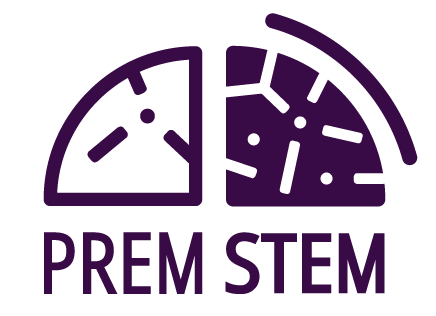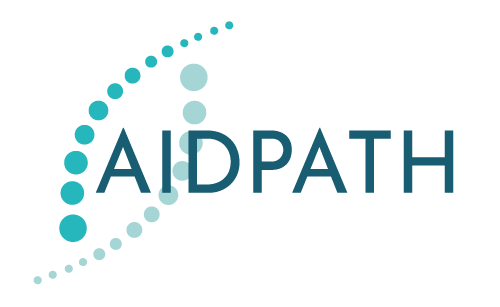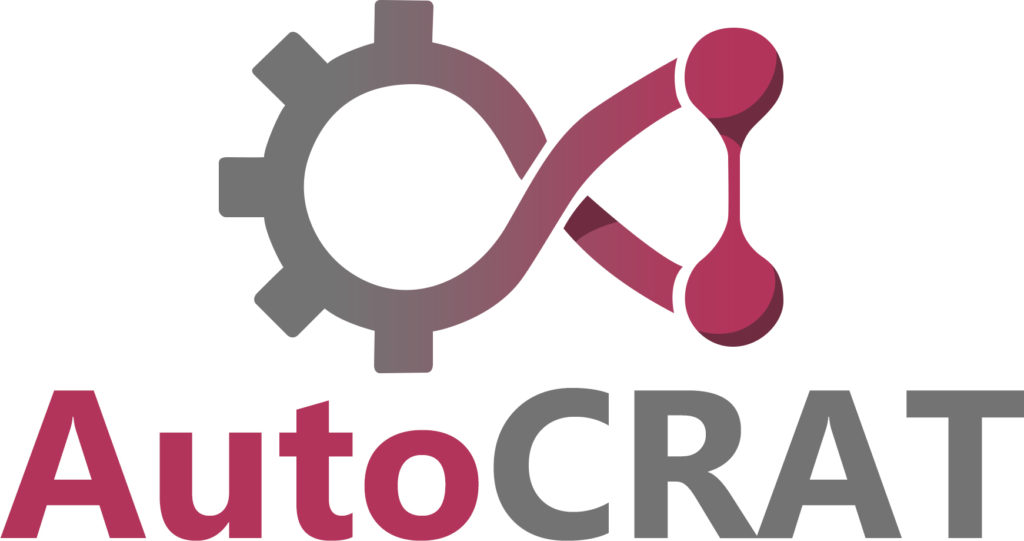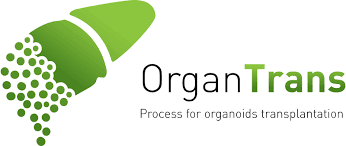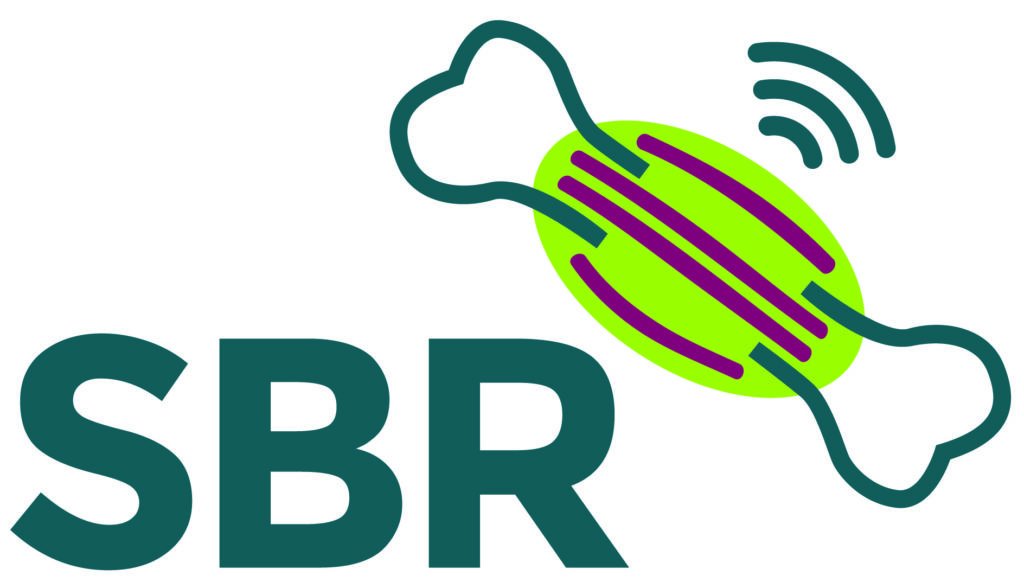About PREMSTEM
Related projects
PREMSTEM is funded by the European Union’s Horizon 2020 research and innovation programme under the call for Better Health and care, economic growth and sustainable health systems (H2020-SC1-BHC-2018-2020). Our sister projects are those who were funded in the same call. We’re connected by our joint aim of developing therapies and treatments to tackle different health issues and improve the lives of people living with them. Also included on this page are associated projects not funded by the same call but whose research interests complement ours.
AIDPATH stands for AI powered, Decentralized Production for Advanced Therapies in the Hospital. AIDPATH researchers are developing a system for the production of so-called CAR-T cells for the treatment of cancer. It is capable of integrating patient-related data and biomarkers into the therapy process using artificial intelligence. The CAR-T cells are produced close to the patient, directly in the hospital. This will make it possible in the future to provide patients treatments specifically tailored to their needs much more quickly.
The automated CAR-T cell production consists of heterogeneous machines and devices that are connected via standardised interfaces in a so-called integration framework. All devices are controlled by service-oriented control software, which enables centralised management and monitoring of processes. The control software is supported by an AI-based digital cell twin that defines initial process parameters and an AI process controller that adjusts process parameters during operation.
Coordinator: Fraunhofer IPT (Germany)
Faecal incontinence (FI) is a common condition. Whilst not life threatening, it is classified as a disease by the World Health Organisation (WHO), seriously impairing daily living and productivity of affected individuals and their families, and resulting in a substantial burden on European health services. There is a particular therapeutic unmet need for patients with severe symptoms of FI who are either unsuitable for, or do not wish to undergo, currently available surgical options but who may benefit from a regenerative medical approach.
AMELIE (Anchored Muscle cELls for IncontinencE) will develop a novel tissue engineered product that comprises attaching skeletal muscle cells from the patient to an implantable, biodegradable microcarrier. This product used within a clinical trial to hopefully regenerate anal sphincter function and improve the clinical symptoms of FI.
Coordinator: University College London (UK)
AutoCRAT aims to develop novel sustainable cell and cell-derived therapies for osteoarthritis (OA). The project uses human induced pluripotent stem cells (iPSC) to generate articular chondrocytes for cartilage repair and human induced mesenchymal stem cells (iMSC) for the prevention and treatment of established OA.
The project also investigates the potential of the MSC/iMSC secretome as a next-generation therapy and will produce the therapeutics identified developed within the project using cost-effective, robot-enabled processes in a novel manufacturing platform, with at line product testing, to expedite translation to patients. An economic and health benefit analysis will underpin basic research and technological output from the project.
Coordinator: National University of Galway (Ireland)
Healikick aims to deliver next generation bone graft materials for the repair of major critical defects. The team working on the project include academics from the Universities of Glasgow, Strathclyde, Navarra, Max Planck Institute of Colloids and Interfaces, along with industrial partners at Histocell, Bilbao.
The project builds on previous grants from EPSRC, BBSRC, STFC, and the Sir Bobby Charlton Foundation which have developed two novel technologies to stimulate bone formation. HealiOst is a coating technology which uses a bioactive polymer to control fibronectin fibrillogenesis and present growth factors efficiently at low doses. Nanokicking is a method of stimulating stem cells to undergo osteogenesis using nano-amplitude vibration. Healikick combines these technologies as modular bone graft materials to help tackle the significant clinical challenges often faced in orthopaedic and reconstructive surgery.
Coordinator: University of Glasgow (UK)
OrganTrans proposes a disruptive alternative to donor organs for patients with chronic or end-stage liver diseases who have still to isolate autologous liver stem cells. Driven by a need of leading European transplant centres, OrganTrans is tackling current obstacles for liver regenerative medicine by combining advanced know-how in cell biology, biomaterials, bioengineering, automation, standardisation and clinical translation.
OrganTrans is developing a liver tissue printing platform that will be shortly deployed under the ‘compassionate use exemption’ by three leading European transplant centres. OrganTrans will not only deliver an ATMP, but also platform technologies that can be scaled to other organ systems, as organoid technology is one of the largest parts of regenerative medicine. The project covers the entire value chain (from cell source, tissue engineering, bioprinting, post-processing to testing) allowing for early adoption of its results (product and process) in clinical practice. The platform will first be scaled to Europe and then to the rest of the world.
Coordinator: CSEM (Switzerland)
SBR (Smart Bone Regeneration) aims to improve treatment options for patients with large bone defects. By combining a smart implant with innovative tissue-engineering methods, the researchers are working on a minimally invasive technique designed to complement existing clinical practices. Currently available methods are either using bone originating from the patient (autograft) or donated/synthetic bone (allograft). While autografts offer ideal compatibility, they are often not suitable for large bone defects and allografts suffer from potential rejection by the patient’s immune system.
The SBR solution will contain 3D-printed polymer parts enriched with electrospun fibres that can be customised according to the individual patient’s physiology, pathology and gender. The framework design will ensure easy placement and include adjustable sensors for post-operative monitoring. The smart implant will provide vital information of implant performance in terms of bone growth and infection/inflammation.
Within the project lifetime, the in-vivo proof of concept of the SBR solution will be tested in preclinical studies. In the long-term, the innovation has the potential to be used in isolation during fracture fixation and become a platform technology for bone conditions at different anatomical sites, including the jaw, spine and pelvis.
Coordinator: University of Patras (Greece)
